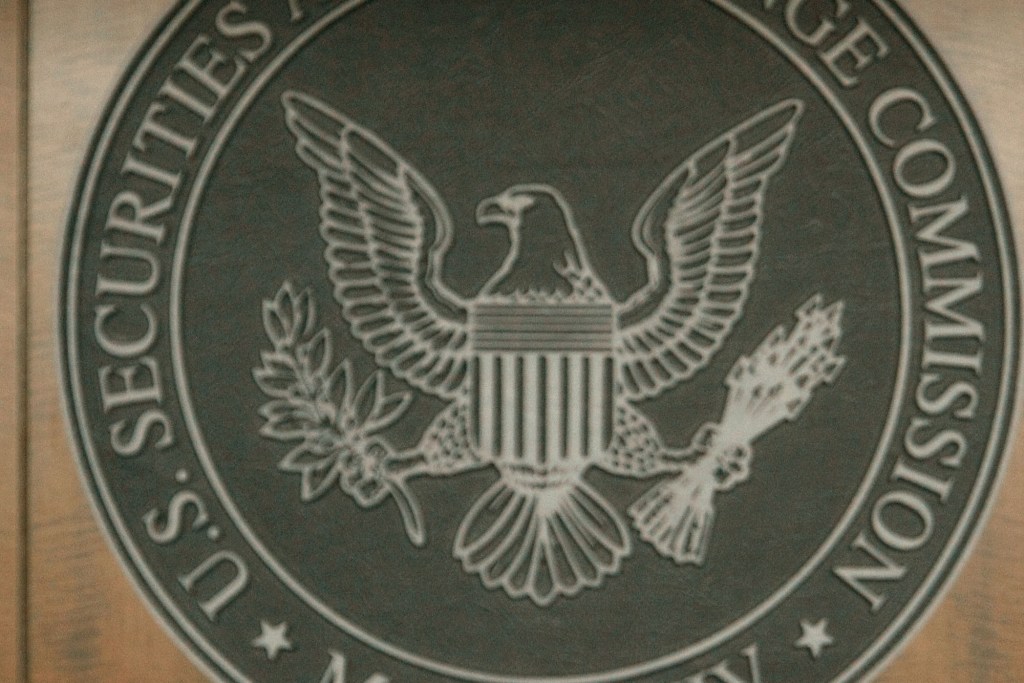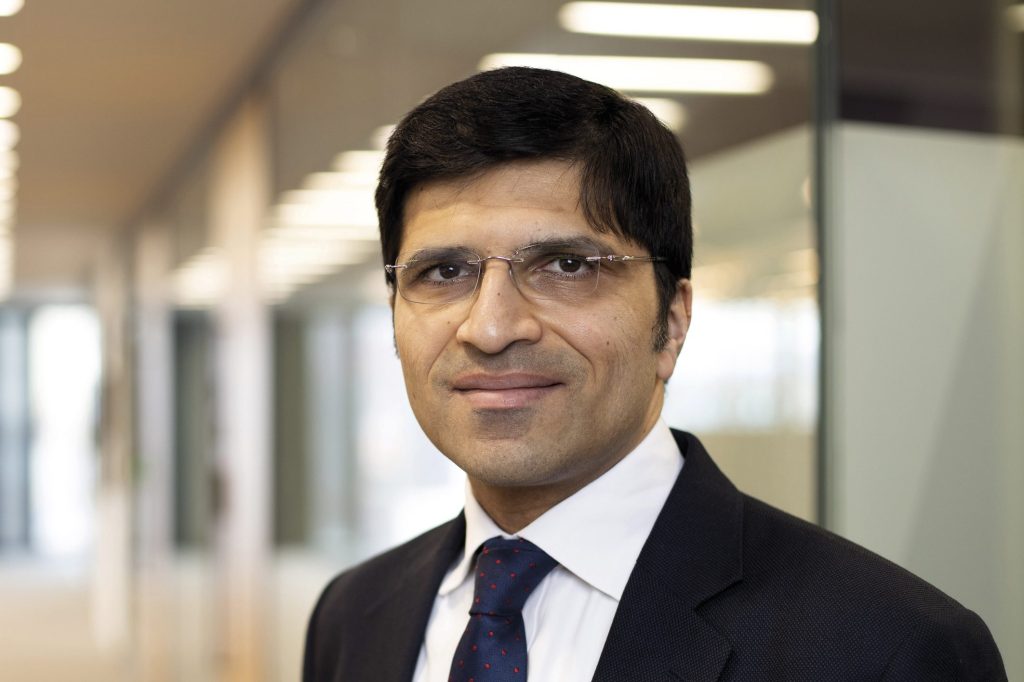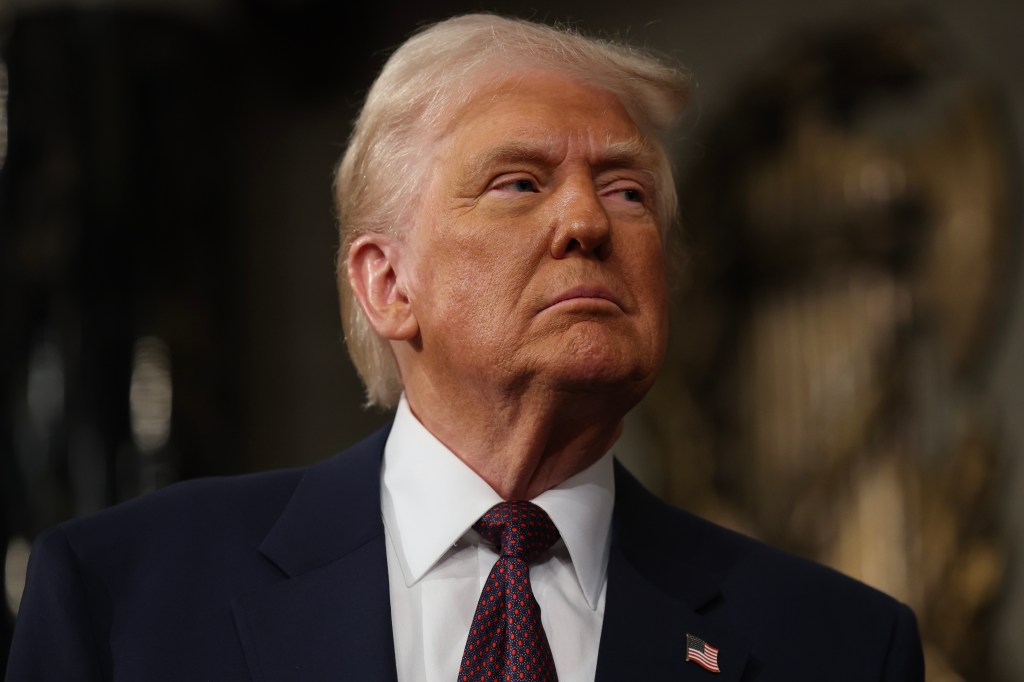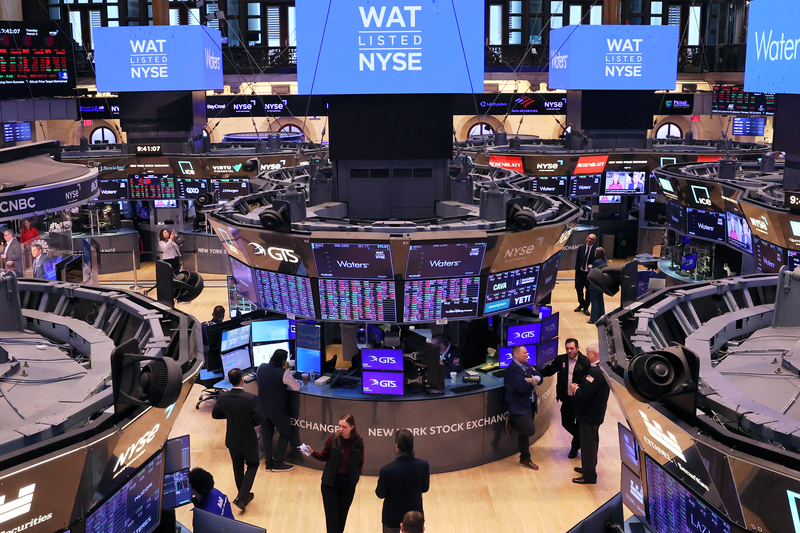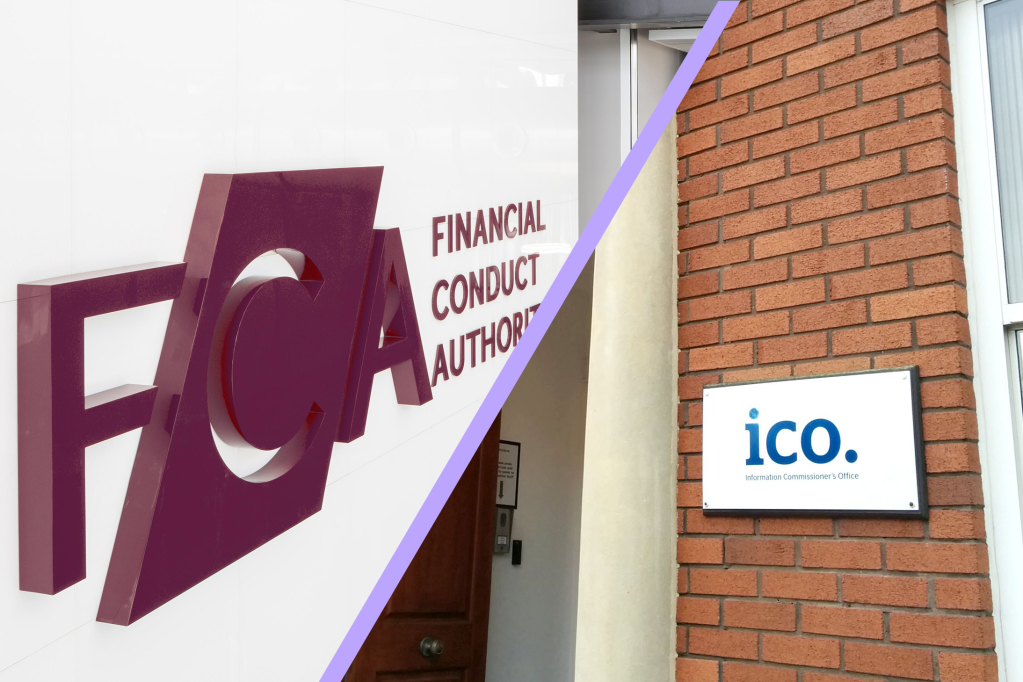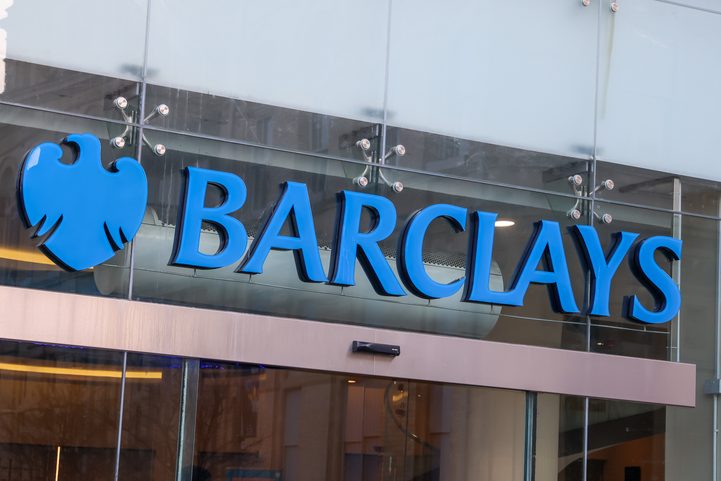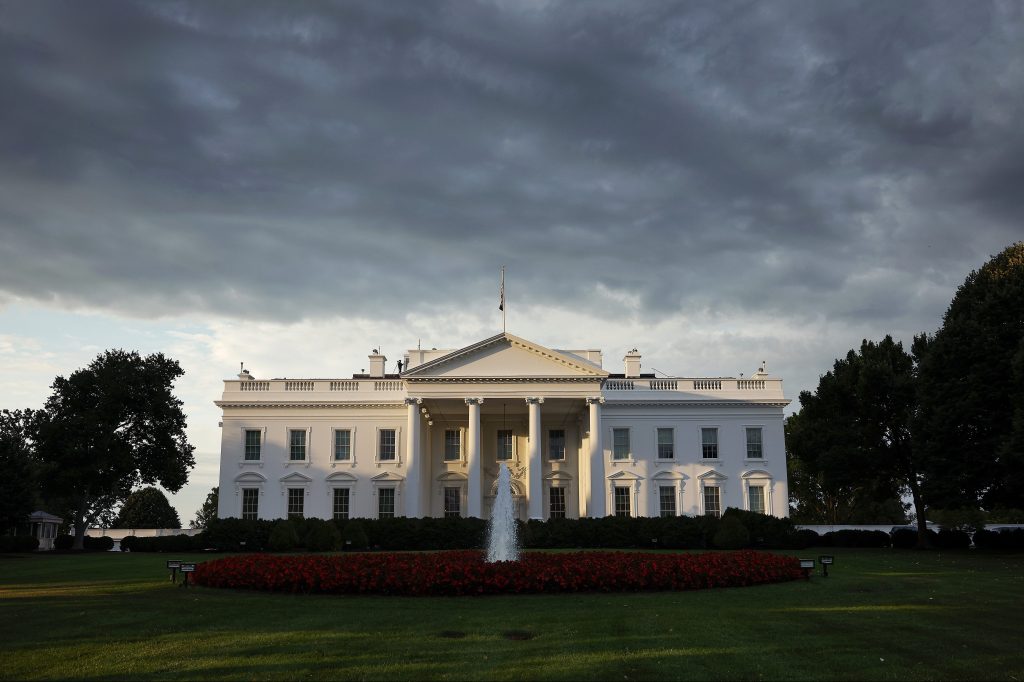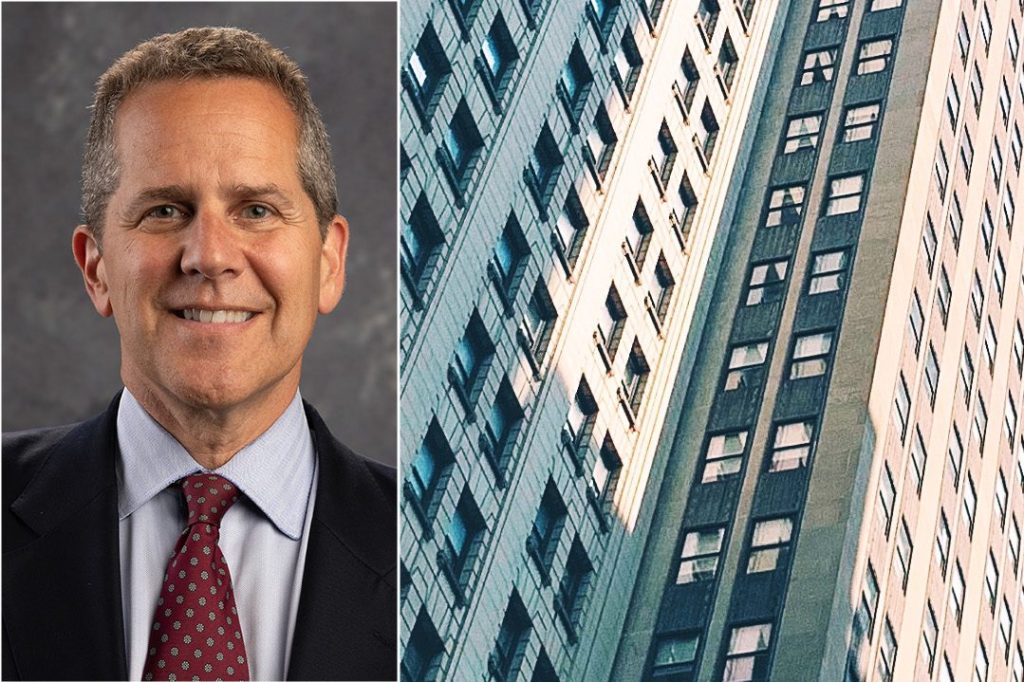New US Federal Reserve Board (FRB) regulation chief Michael Barr has signaled a tougher approach to overseeing Wall Street while seeking to clarify his stance on climate change in a speech to The Brookings Institution.
The Fed’s new Vice Chair for Supervision spoke to Washington DC’s Brookings Institution on the subject of ‘Making the financial system safer and fairer’ and emphasized his intention to build on changes made since the last global financial crisis in recognition that “innovation and change are constant in finance”.
Barr said he’d chosen safety and fairness as his primary goals because “financial instability unfairly harms those who are economically vulnerable”. The last crash, he said, had brought the US to the brink of an economic collapse worse than The Great Depression, and “a significant cause was excessive risk-taking by banks and inadequate regulation and supervision by the FED and other regulatory bodies”.
The tone changed slightly when Barr addressed the subject of climate change. While confirming that the Fed was “working to understand how climate change may pose risks to individual banks and to the financial system” he emphasized “The Federal reserve’s mandate in this area is important, but narrow.”
Nevertheless, he set out some specific actions the Fed would be taking, including working with the OCC to give guidance to banks on “how we expect them to identify, measure, monitor and manage the financial risks of climate change”.
Increased scrutiny of bank mergers
Barr also flagged up increased scrutiny of bank mergers. That was expected after President Biden’s executive order in July demanding a more robust approach. Barr said: “A merged institution may be able to provide more competitive products and services, but it could also have the potential to reduce competition and access to financial services in a geographic area by raising prices, narrowing the range of services offered, and reducing the supply of small-business or community development loans that rely on local knowledge.” He wants regulators to consider the influence of a transaction on the “convenience and needs” of people on low incomes.
He also reinforced Fed Chair Jerome Powell’s stated approach to crypto regulation, saying the Fed plans to work with other agencies to apply the principle of “same risk, same activity, same regulation, regardless of the technology”.
Other areas covered included a commitment to tiered capital requirements so that financial institutions face higher costs and more stringent regulation as the grow in size and complexity, and to the FedNow instant-payments program set to begin testing this month. Barr saw it as an innovation “based on a deeper understanding of human decision-making”, saying it was important to show an understanding that “low-income households can ill afford to wait days for their income checks to clear”.
One unscripted comment, reported by several media outlets, encapsulated Barr’s approach. Pressed on the subject of stress tests, which had been significantly loosened under his predecessor, Barr said: “Stress tests need to continue to evolve. They’re supposed to be stressful. I want to make sure that they are that way.”

